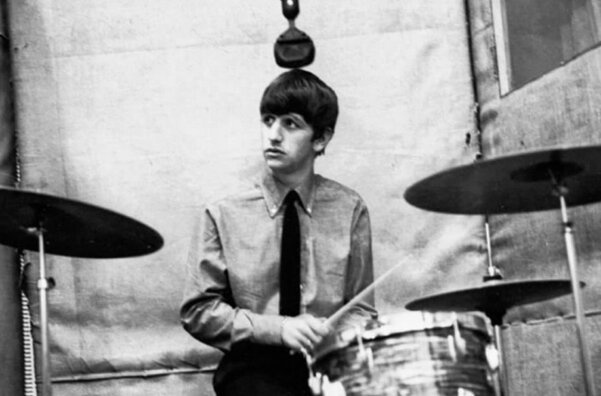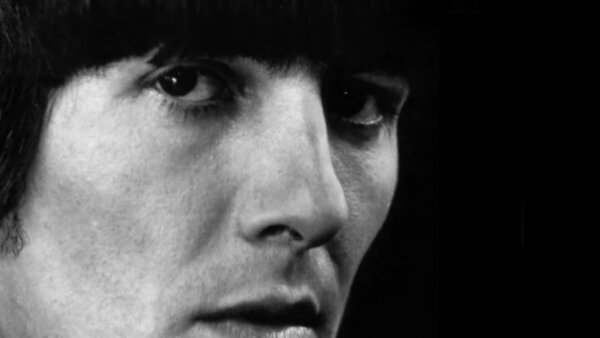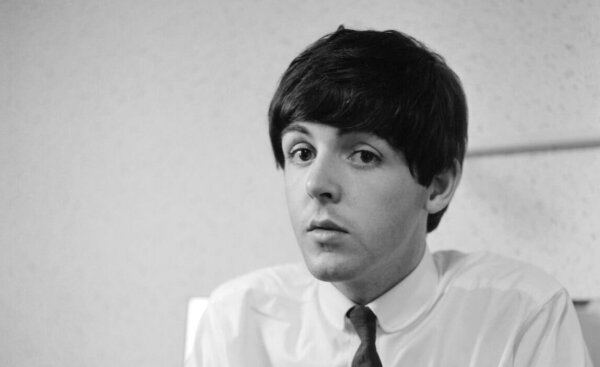‘I Just Called to Say I Love You’ – Stevie Wonder

Stevie Wonder is an icon. Period. A child prodigy, he was one of the most successful artists of the 1970s, blending funk, rock and pop into his own genre of music driven by his synthesizer and knack for melody. By all accounts, he’s a musical genius who has influenced a generation of musicians. I’ve listed him as one of the Top 5 most influential artists of the 1970s.
But by the mid-1980s, after a string of No. 1 hits, he was all but forgotten. What happened?
Born Stevland Hardaway Judkins, “Little Stevie Wonder” made his mark at the tender age of 13 with “Fingertips – Part 2,” his first of 10 No. 1 hits. He reached his creative peak in the early- to mid-1970s, with blockbuster albums such as 1973’s Innervisions and 1976’s Songs in the Key of Life. Both won Grammys for Album of the Year. His No. 1 hits during that time included “Superstition,” “You Are the Sunshine of My Life,” and “Sir Duke.”
Jumping the musical shark
The beginning of the end occurred when Wonder collaborated with Paul McCartney for 1982’s “Ebony and Ivory,” which also marked the nadir of McCartney’s artistic output. It didn’t get any worse than “Ebony and Ivory”; the saccharine lyrics, sluggish tempo and cheeky video became the target of critics’ wrath.
“Another disappointment, a namby-pamby, la-di-dah, silly and childish tune,” wrote Bill Carlton of the New York Daily News. Rolling Stone called it a “horrifically cheesy ode to racial harmony.” But the record-buying public ate it up; it spent seven weeks at No. 1 on the Billboard Hot 100 chart.
Despite the song’s popularity, its legacy ranks right up there with Starship’s “We Built This City.” BBC 6 Music listeners voted the song the worst duet in history. Blender magazine named it the 10th worst song of all time. Ouch.
But it got worse for Wonder, who was reaching his peak in popularity. In 1984, Wonder released the ballad “I Just Called to Say I Love You.” It was another huge smash, spending three weeks at No. 1. It won an Academy Award for Best Original Song. But again, the legacy was worse than the success.
It was repetitive, slow and plodding, and dated—a throwaway, really, or something that should have been relegated to a B-side. It was tailor-made for an AT&T commercial; the fact that it wasn’t showed that Wonder had his ethical standards. The song had one message that is apparent in the title, so you didn’t really have to listen to it, but to make sure you got the point, he prefaced it with exclamations straight from a Hallmark card. Let’s look at the lyrics:
Made up of these three words that I must say to you
I just called to say how much I care
I just called to say I love you
And I mean it from the bottom of my heart
The ultimate insult
“What’s your problem?” the frustrated customer asks.
“Do you even know your daughter?” Barry yells. “There’s no way she likes that song!” He pauses. “Oh oh oh wait! Is she in a coma?”
“I didn’t know it was pick-on-the-middle-aged-square-guy day. My apologies. I’ll be on my way.” And that hits the ouch trifecta.
‘I Just Called to Say I Love You’: The beginning of the end
Despite the song’s popularity, Wonder’s fame started to wane. You always have to stay ahead in popular music (unless you’re Celine Dion), and “I Just Called to Say I Love You” showed that Wonder was getting soft in middle age. When you lose your edge, you no longer become relevant (unless you’re Celine Dion).
Wonder managed to hit No. 1 twice in 1985 with the slickly produced but forgettable “Part-Time Lover.” He collaborated with Dionne Warwick, Elton John and Gladys Knight on “That’s What Friends Are For,” a song written by Burt Bacharach and Carole Bayer Sager that was first recorded by Rod Stewart, of all people, in 1982. He only had one more Top 10 hit after that.
At age 70, Wonder continues to make music and add to his critical legacy, his 80s mistakes notwithstanding. Songs in the Key of Life is No. 4 on Rolling Stone‘s list of the 500 greatest albums of all time. Innervisions is No. 34. Not even “Ebony and Ivory” can take away from that.



Charlie
The main problem with Stevie Wonder’s 80s music isn’t the music itself. It’s how it stands up against his 70s stuff. His 80s work is still quite good but during the decade before he was outstanding. That’s why his later songs gets a bum rap. To me Wonder was like Paul McCartney. Both could make alternative or almost avant-garde music and both could write & record what John Lennon called granny music. If you think Wonder’s two 80s hits mentioned above are treacly you need to consider “Isn’t She Lovely” off of the absolutely astounding SONGS IN THE KEY OF LIFE. That LP also contained” edgy songs like “As” and “Village Ghetto Land,” similar to what Paul did on the WHITE ALBUM that contained both “Helter Skelter” and “Honey Pie.” I do prefer Wonder’s 70s albums over his 80s releases but if you listened to them on their own without ever knowing the work from his classic era you would find it more rewarding. Even in the 80s and 90s Wonder was no slouch.
You should hear Stevie’s last album, A TIME 2 LOVE from 2005. It is excellent. You can read the review of it on my blog and watch the video from HIGH FIDELITY.
Peter Lee
As always, nice insight, Charlie. It may be due to nostalgia, but I always liked “Isn’t She Lovely.” The baby cooing is a bit much.